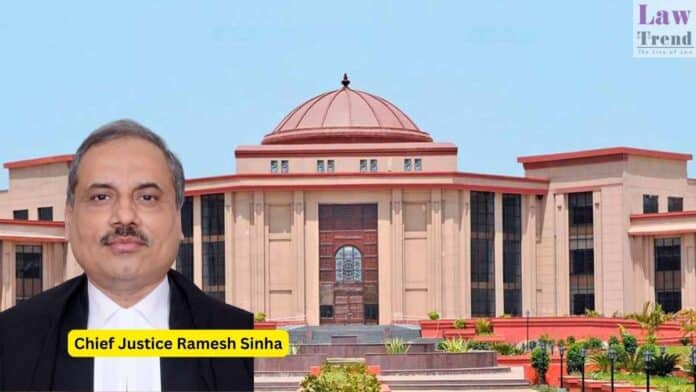The High Court of Chhattisgarh, in a significant order, has dismissed a petition seeking the transfer of a criminal trial from a Special Judge’s court. Chief Justice Ramesh Sinha held that a transfer cannot be granted based on a “mere presumption of possible apprehension” or vague allegations of bias against a presiding officer. The Court
To Read More Please Subscribe to VIP Membership for Unlimited Access to All the Articles, Download Available Copies of Judgments/Order, Acess to Central/State Bare Acts, Advertisement Free Content, Access to More than 4000 Legal Drafts( Readymade Editable Formats of Suits, Petitions, Writs, Legal Notices, Divorce Petitions, 138 Notices, Bail Applications etc.) in Hindi and English.




